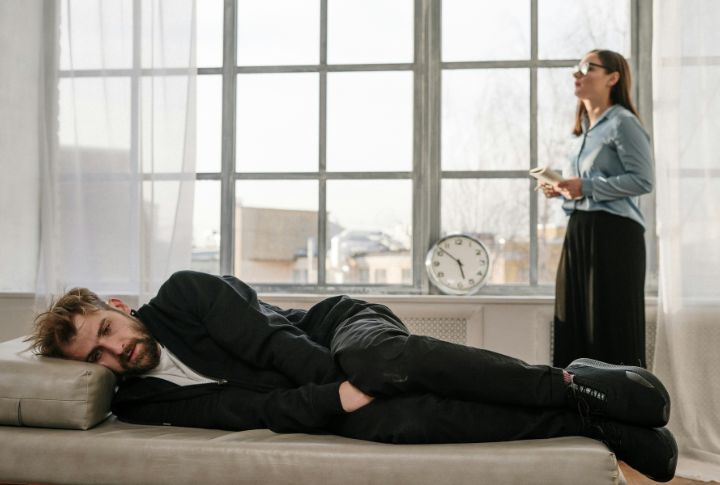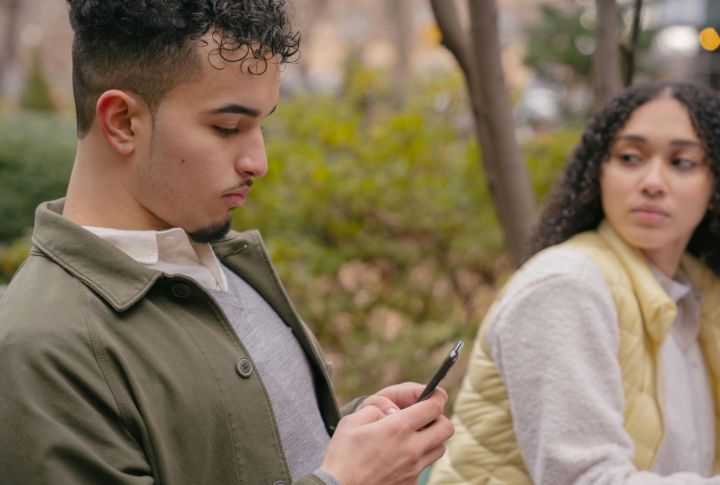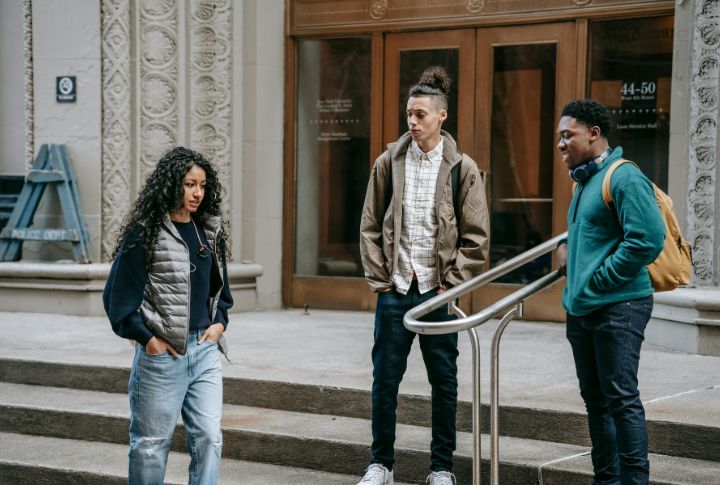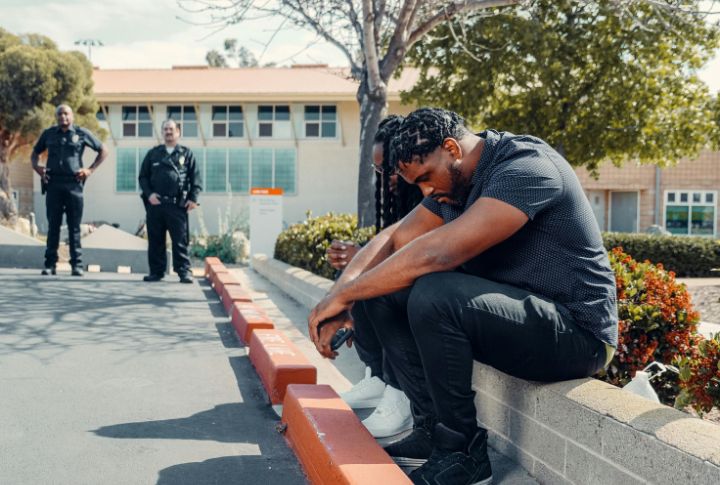
Have you ever wondered why some people seem incapable of saying “I’m sorry” or admitting they’re wrong? It’s not just about stubbornness or pride; sometimes, deeper reasons are at play. Here are the 15 reasons someone might never apologize or admit they are wrong.
Perfectionism

Perfectionists often struggle with apologizing due to their impossibly high standards. Admitting fault means acknowledging their imperfection, which can severely damage their self-image. This rigid mindset hinders them from accepting their humanity and recognizing that mistakes are a normal part of life.
Difficulty in Reading Social Cues

Some people struggle with reading social cues. Even if you explicitly tell them to apologize, they may not grasp why it’s needed. Unlike those who protect their ego, people lacking social skills don’t have the awareness to ask for pardon, even in explicit situations.
Lack of Emotional Intelligence

Beyond simply missing social cues, some people may lack emotional intelligence (EI). With minimal or no EI, they hardly recognize how their actions affect others and find it hard to empathize with those they’ve hurt. Because of this, sincerely expressing regret for problems or pain they have caused is difficult for them.
Fear of Losing Control

Others thrive in chaotic environments and avoid apologizing because it disrupts their sense of control. Individuals with egotistical personalities or sadistic tendencies often relish skipping apologies. It’s challenging to persuade these individuals to admit their wrongs; only they can choose to change their behavior.
Pride and Ego

When someone protects their ego, it isn’t necessarily about excessive pride. Admitting fault can threaten their fragile self-image, feeling like a personal attack. Trying to preserve this self-image becomes their primary focus, often leading to a reluctance to apologize and a habit of deflecting blame to avoid damaging their sense of self.
Culture

In some cultures, admitting wrongdoing is perceived as a loss of face or honor, creating a significant obstacle to apologizing. The societal pressure to preserve dignity or status can deter individuals from taking responsibility, even when they recognize their fault. These deeply ingrained cultural expectations make it challenging to defy norms and offer an apology.
Insecurities

Perception is important in social contexts, but it’s everything to someone who struggles to ask for pardon. Even when an apology is deserved, they may fear appearing weak or insecure despite knowing that’s not typically the case. Admitting a mistake exposes their flaws, opening them up to criticism for how they handled the situation.
Low Self-Esteem

Low self-esteem can make admitting mistakes feel like confirming one’s deepest fears. For those already battling feelings of inadequacy, acknowledging errors can severely affect their self-worth. To shield themselves from further emotional pain, they might avoid being apologetic. The avoidance, however, hinders their ability to develop healthier self-esteem.
Fear of Retaliation

When someone can’t acknowledge their faults, it might not be due to maliciousness. This category of persons might fear retaliation or other negative consequences, so they avoid saying sorry at all costs. While it’s natural to want to steer clear of confrontation, especially with those you care about, it’s wrong to dodge apologies or shift blame due to nerves.
Narcissistic Tendencies

People with narcissistic tendencies often have an inflated sense of self-importance, making it difficult for them to admit mistakes. Believing they are always right and others are at fault, they may see apologies as unnecessary or beneath them. Their refusal to acknowledge errors can lead to isolation and conflict, driving others away.
Fear of Conflict

Some people avoid conflict at all costs, and admitting fault can sometimes lead to uncomfortable confrontations. The fear of escalating a situation can prevent them from expressing regret, even when they know they’re wrong. They may hope that the issue will resolve without an apology.
Social Pressure

In certain social circles, apologizing can be perceived as a loss of status or respect. Peer pressure to maintain a particular image can prevent someone from admitting wrong, even when they know they should. This pressure to conform to group norms can be a powerful deterrent, especially when authority or dominance is prized.
Trauma Response

For some, past trauma has conditioned them to avoid conflict at all costs, including avoiding apologies. They may have experienced situations where admitting fault led to abuse or abandonment, making apologies a trigger for deep-seated fear and anxiety. Such trauma responses may cause them to shut down emotionally.
Stubbornness

Being strong-headed is a significant roadblock to apologizing, as some individuals refuse to back down, no matter the circumstances. Stubborn individuals might see saying sorry as admitting defeat, which is something their pride won’t allow. This obstinance can strain relationships and make resolution difficult, as they dig in their heels and refuse to budge.
Fear of Change

A fear of change can deter someone from admitting mistakes, which means facing their behavior and possibly adjusting it. They might prefer the comfort of their current state, even if it harms others. The overwhelming prospect of altering their mindset or habits leads them to resist apologies and maintain the status quo.

Comments
Loading…